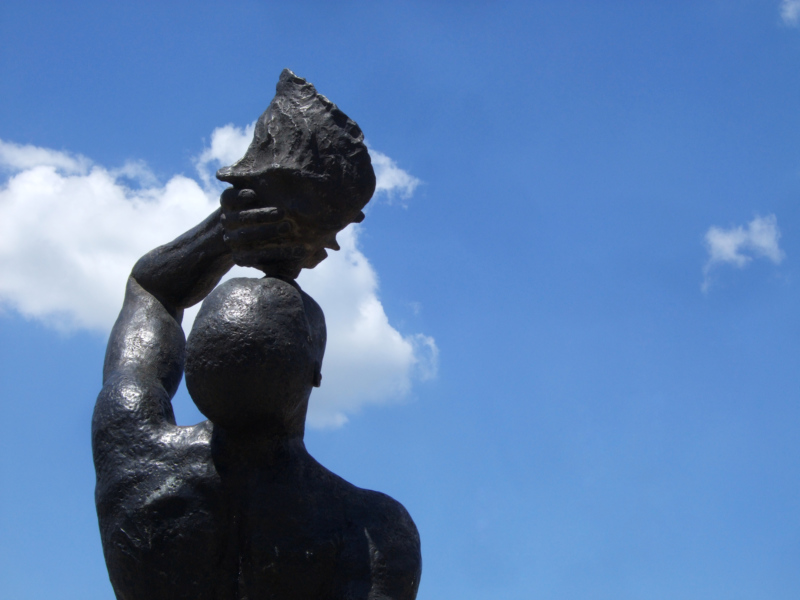New Bipartisanship Over Haiti is Promising
The sudden U.S. presidential unity on Haiti is promising, because Haiti has long been the subject of bitter partisan bickering in Washington.
This post is also available in: Français
Following last year’s streak of Haiti-related crises — a presidential assassination, earthquake, a migrant emergency at the Mexico-US border and a dramatic consolidation of gang violence — international policymakers were left grappling with the possibility that Haiti was in the initial stages of a full-scale humanitarian crisis. The further deterioration of the Haitian polity in the early months of 2022 has only confirmed that the country has passed that grim milestone.
The immediate humanitarian and economic responses available to the international community and NGOs will only marginally address the underlying factors provoking the collapse of governance in Haiti. What is needed is a consensus roadmap for policymakers — both in Haiti and among key international actors — that responds to Haiti’s needs over the horizon.
Haiti’s challenges fit into three baskets, any one of which would be daunting on their own. Politically, the government is currently being run extra-constitutionally with a nonfunctioning parliament and no more than a few viable public institutions. Next, citizen security is nearly nonexistent, with half the country living under the control of criminal gangs with strong political connections. And lastly, the dire economic picture leaves little margin for error — for example, one in five children under the age of five in the impoverished commune of Cité Soleil in the capital of Port-au-Prince suffers from acute malnutrition.
These challenges exercise a kind of negative synergy on one other. Can there be a political process without security? What about sustainable economic rejuvenation without credible institutional norms to adjudicate resources? Nonetheless, amid the many reasons for pessimism in Haiti, there is a narrow path that could provide the means for the country to advance in a more positive direction. But where do you start?
[…]
Read the full article published by USIP.
The sudden U.S. presidential unity on Haiti is promising, because Haiti has long been the subject of bitter partisan bickering in Washington.
The worldwide outpouring of support for Haitians from governments and ordinary citizens has been extraordinary. But this heroic phase of the emergency response is drawing to a close.
After a 7.0 magnitude earthquake struck Haiti, the aftershock reached China in ways that few anticipated.The earthquake forced Chinese leaders to navigate the tricky politics of disaster relief.
 (Amy Nelson / Flickr / CC BY 2.0)
(Amy Nelson / Flickr / CC BY 2.0)